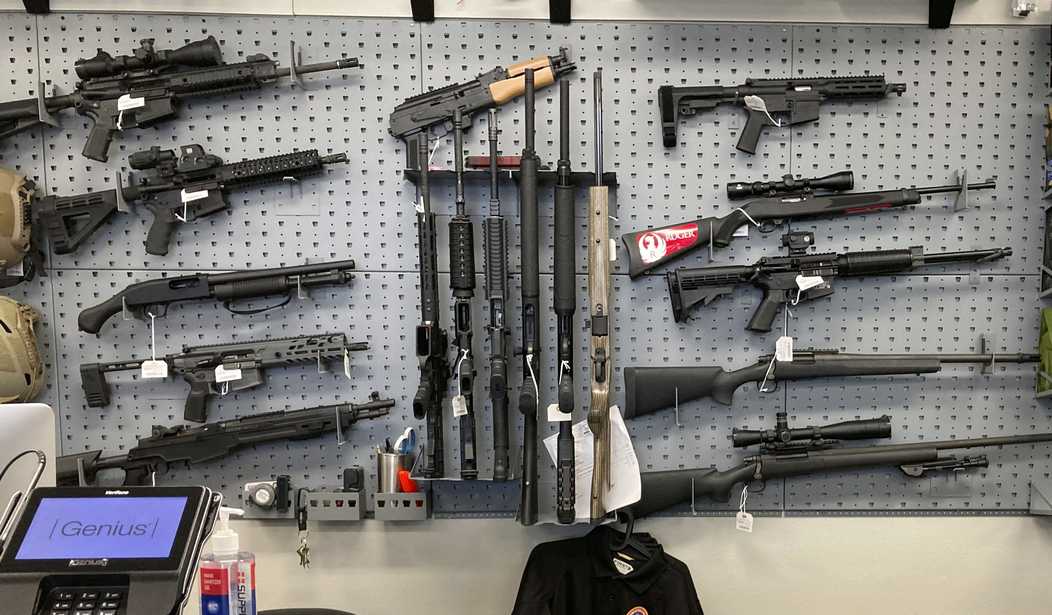Back in March of 2019, the Ohio legislature overrode the veto of then-governor John Kasich and approved HB 288; a measure that made a number of improvements to the state’s gun laws, including requiring prosecutors to prove beyond a reasonable doubt that a defendant was not acting in self-defense. Before the enactment of HB 228, Ohio was the only state in the nation that in essence presumed individuals were guilty unless they were able to prove they were acting in defense of themselves or others, and gun control activists lobbied hard to keep that ridiculous status quo in place.
That wasn’t their only objection to the bill. The cities of Columbus and Cincinnati sued the state over another provision in HB 228 that strengthened Ohio’s firearm preemption laws and allowed for financial damages to be awarded to plaintiffs who sued municipalities over local gun control ordinances that were in place in violation of state law, arguing that the provision intruded on home rule powers and “stands in the way of specific legislative steps that the city seeks to take to protect their cities from gun violence.”
As part of the initial lawsuit, the cities requested a temporary injunction that would halt enforcement of HB 228, but for the next three years Franklin County Common Pleas Judge Stephen. L. McIntosh never issued a ruling on that request. A couple of weeks ago Columbus City Attorney Zach Klein filed another lawsuit, this one against the judge, asking the state Supreme Court to compel McIntosh to make a decision. The state’s highest court hasn’t yet weighed in, but Klein announced today that he’s dropping the lawsuit because McIntosh has finally released his opinion.. and ruled in favor of the cities.
“The court does believe the public interest will be served by the granting of the injunction,” McIntosh wrote in the decision. “Until the issues that have been presented have been properly resolved there is nothing in this record that would establish that an injunction would cause harm to the interest of the public.”
In the original lawsuit filed by Columbus city attorneys, the city argued H.B. 228 in effect prohibited Ohio cities and towns from pursuing local ordinances that would combat gun violence, saying it violated “home rule” and other doctrines in the Ohio Constitution.
I have to say I’m surprised by the judge’s decision to grant the injunction given that the Ohio Supreme Court has already upheld the state’s original preemption statute in a 2010 decision, rejecting the city of Cleveland’s argument that the preemption law does not unconstitutionally infringe on municipal home-rule authority. It’s odd, to say the least, that McIntosh apparently believes Columbus has a better than average chance of prevailing at trial considering that the case is largely a regurgitation of the failed arguments presented by Cleveland attorneys more than a decade ago.
In his order, McIntosh claims that the provision in HB 228 that allows “private citizens or organizations to sue municipalities for promulgating laws later determined to conflict with state law” is “an unconstitutional infringement upon municipal home-rule authority” because “[l]anguage imposing liability on a municipality for passing a law which was later determined to conflict with state law would effectively end home rule as the threat of litigation from third parties would always be present.”
I’m not an attorney, but that’s nonsensical to me. The state firearms preemption statute is unambiguous in laying out the no-go areas for cities when it comes to gun legislation. If a city like Columbus can violate state law without suffering any sort of consequences, then that effectively ends firearm preemption; a statute that the state Supreme Court has already decided comports with the home rule authority in the state constitution.
Ohio Attorney General Dave Yost can (and likely will) appeal this decision, and my guess is that if the state’s court of appeals doesn’t overturn the injunction the state Supreme Court will be amenable to doing so. In the meantime, however, look for the Columbus City Council to introduce a host of new local ordinances aimed, not at violent criminals, but at legal gun owners, sellers, and manufacturers who live inside the city limits.









Join the conversation as a VIP Member